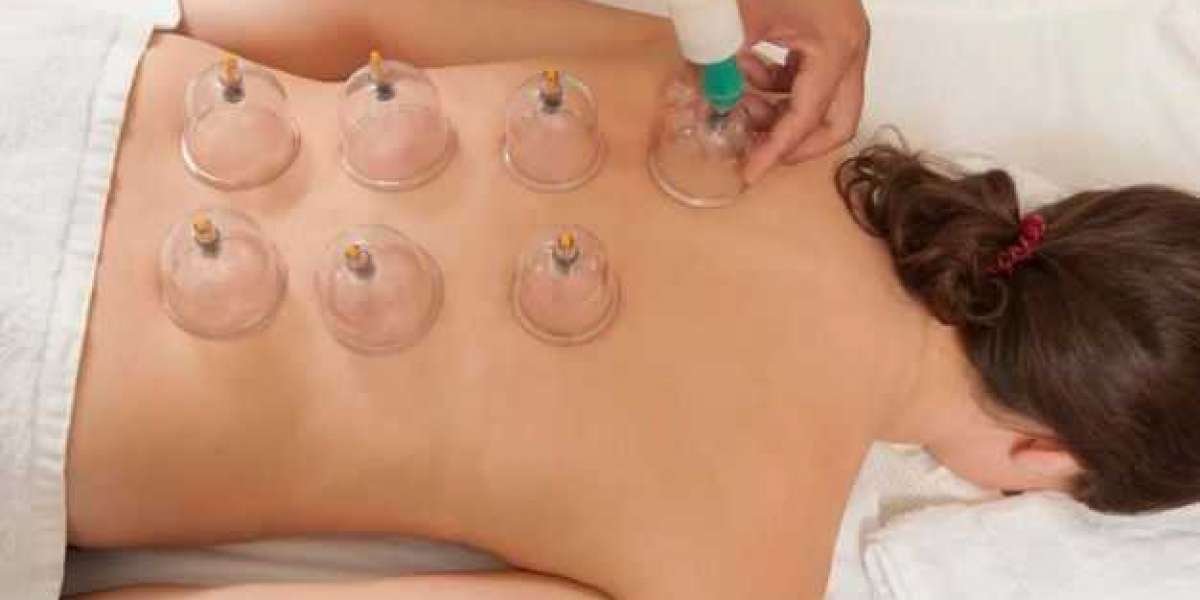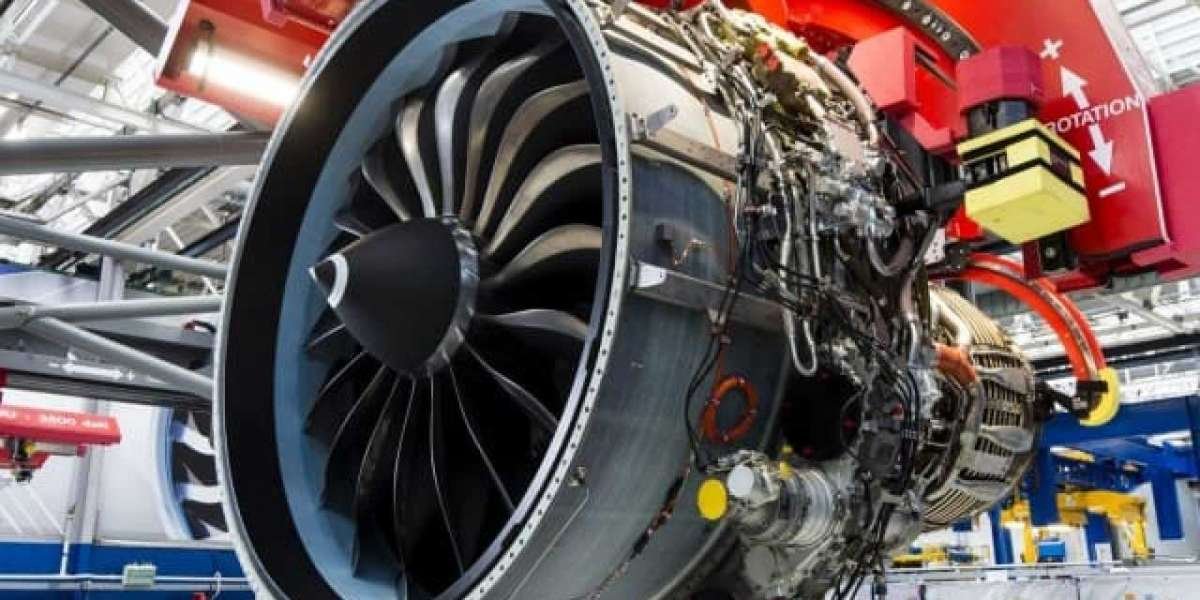Dry Needle Therapy in Noida and acupuncture are often confused due to their use of thin needles inserted into the skin. However, they are distinct practices with different methodologies, underlying principles, and purposes. In this article, we will explore the differences and similarities between dry needle therapy and acupuncture to provide a clear understanding of each technique.
Understanding Dry Needle Therapy
Definition and Purpose
Dry needle therapy, also known as dry needling, is a treatment performed by physical therapists or other healthcare professionals. It involves inserting fine needles into specific trigger points in muscles to relieve pain and improve muscle function. The primary goal of dry needling is to target muscle tightness and spasm, thereby reducing pain and improving range of motion.
Mechanism of action
The insertion of needles in dry needling stimulates the muscle tissue, which helps to:
- Release muscle knots and trigger points
- Decrease muscle tension
- Improve blood flow to the affected area
- Promote healing and pain relief
Clinical Applications
Dry needle therapy is commonly used to treat conditions such as:
- Myofascial pain syndrome
- Muscle spasms
- Tension headaches
- Tendinitis
- Chronic pain conditions
Understanding Acupuncture
Definition and Purpose
Acupuncture is an ancient Chinese medical practice that involves inserting thin needles into specific points on the body, known as acupoints. The primary purpose of acupuncture is to balance the body's energy, or Qi (pronounced "chee"), and to promote overall health and well-being. Acupuncture is based on traditional Chinese medicine (TCM) principles, which focus on restoring harmony and balance within the body.
Mechanism of action
Acupuncture works by:
- Stimulating acupoints to regulate the flow of Qi along meridians (energy pathways)
- Promoting the release of endorphins, the body's natural painkillers
- Enhancing blood circulation
- Modulating the nervous system to relieve pain and improve bodily functions
Clinical Applications
Acupuncture is used to treat a wide range of conditions, including:
- Chronic pain (eg, back pain, osteoarthritis)
- Migraines and headaches
- Digestive disorders
- Stress and anxiety
- Menstrual cramps and reproductive issues
Key Differences Between Dry Needle Therapy and Acupuncture
Philosophical Foundations
- Dry Needle Therapy : Based on Western medical principles, focusing on musculoskeletal and neuromuscular systems.
- Acupuncture : Rooted in traditional Chinese medicine, emphasizing the balance of energy (Qi) and holistic health.
Techniques and Approaches
- Dry Needle Therapy : Targets specific muscle trigger points to alleviate pain and improve function.
- Acupuncture : Uses acupoints along meridians to regulate the body's energy flow and address various health issues.
Training and Practitioners
- Dry Needle Therapy : Typically performed by physical therapists, chiropractors, and other healthcare professionals with specialized training in dry needling techniques.
- Acupuncture : Practiced by licensed acupuncturists who have extensive training in traditional Chinese medicine and acupuncture.
Treatment Goals
- Dry Needle Therapy : Primarily aims to relieve musculoskeletal pain and dysfunction.
- Acupuncture : Seeks to promote overall health, balance the body's energy, and treat a broad spectrum of physical and emotional conditions.
Similarities Between Dry Needle Therapy and Acupuncture
Despite their differences, dry needle therapy and acupuncture share some similarities:
- Use of Needles : Both practices involve the insertion of thin needles into the skin.
- Pain Relief : Both techniques can provide pain relief and improve physical function.
- Minimally Invasive : Both are minimally invasive procedures with relatively low risk when performed by trained professionals.
Contact information
Address: Plot No BR-84, Sector-116, Opposite Mahagun Mirabella, Uttar Pradesh 201304
Phone: 9716699992
Email: info@goptindia.com
For more information or to book an appointment for sports injury rehabilitation, contact GoPT India through the provided phone number or email address.


